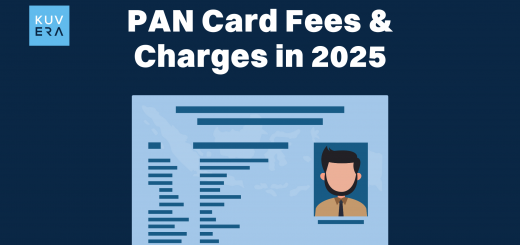The age-old question of whether to buy a home or continue renting is a significant financial decision that requires careful consideration. While there are emotional factors involved in this choice, it’s crucial to analyze the financial aspects to make an informed decision.
In this blog, we will explore the formula to determine which option makes better financial sense – buying or renting. By understanding the key factors and running the numbers, you can gain clarity on which path aligns with your financial goals.
Let’s delve into the formula!
1. Calculate the Rent-to-Price Ratio:
To compare the costs of buying and renting, calculate the rent-to-price ratio. Divide the annual rent of a similar property by its purchase price. If the ratio is below 1%, renting may be more cost-effective. However, a ratio above 1% suggests that buying might be a better financial decision. Keep in mind that this ratio provides a basic guideline and other factors need consideration.
2. Consider the Opportunity Cost of Down Payment:
When buying a home, a significant upfront cost is the down payment. Calculate the potential return on investment (ROI) that the down payment could generate if invested in other assets. Compare this ROI with the potential appreciation of the property. If the investment return surpasses the property appreciation, renting might be more financially advantageous.
3. Assess the Cost of Ownership:
Evaluate the ongoing costs of homeownership, including mortgage payments, property taxes, homeowners insurance, maintenance, repairs, and utilities. Compare these costs with the rent you would pay for a similar property. If the total cost of ownership exceeds renting expenses significantly, renting may be the wiser financial choice.
4. Factor in Tax Benefits:
Consider the tax benefits associated with homeownership, such as deductions on mortgage interest and property taxes. Calculate the potential tax savings and assess how they offset the higher costs of homeownership. It’s advisable to consult with a tax professional to understand the specific tax advantages in your region.
5. Evaluate Long-term Plans and Flexibility:
Consider your long-term plans and lifestyle preferences. Buying a home offers stability and potential equity growth over time. Renting, on the other hand, provides flexibility and freedom to relocate or change living arrangements as needed. Assess the financial impact of your plans and decide which option aligns better with your future goals.
Conclusion:
Deciding between buying and renting involves a comprehensive analysis of financial factors. While there is no one-size-fits-all answer, the formula outlined above can guide your decision-making process. By calculating the rent-to-price ratio, considering opportunity costs, assessing ownership costs, factoring in tax benefits, and evaluating long-term plans, you can determine whether buying or renting makes better financial sense for you. Remember, it’s essential to weigh both financial aspects and personal circumstances to make an informed choice. Seek advice from financial professionals or real estate experts to gain further insights tailored to your specific situation. Make a decision that aligns with your financial goals and provides long-term stability and happiness.
Interested in how we think about the markets?
Read more: Zen And The Art Of Investing
Watch/hear on YouTube: Investing with legends series
Start investing through a platform that brings goal planning and investing to your fingertips. Visit kuvera.in to discover Direct Plans and Fixed Deposits and start investing today.











